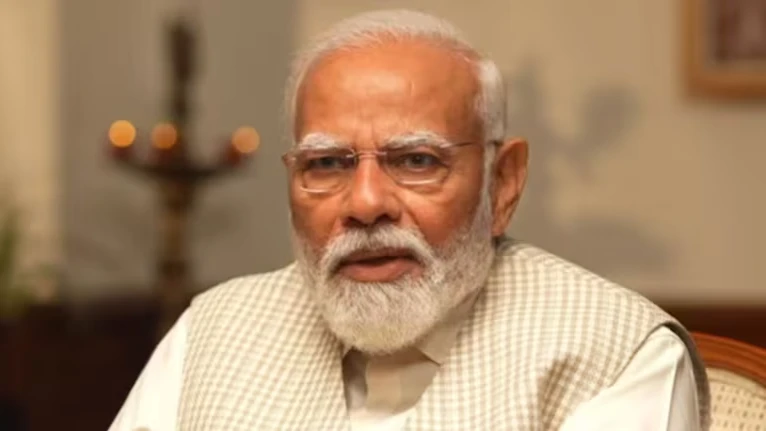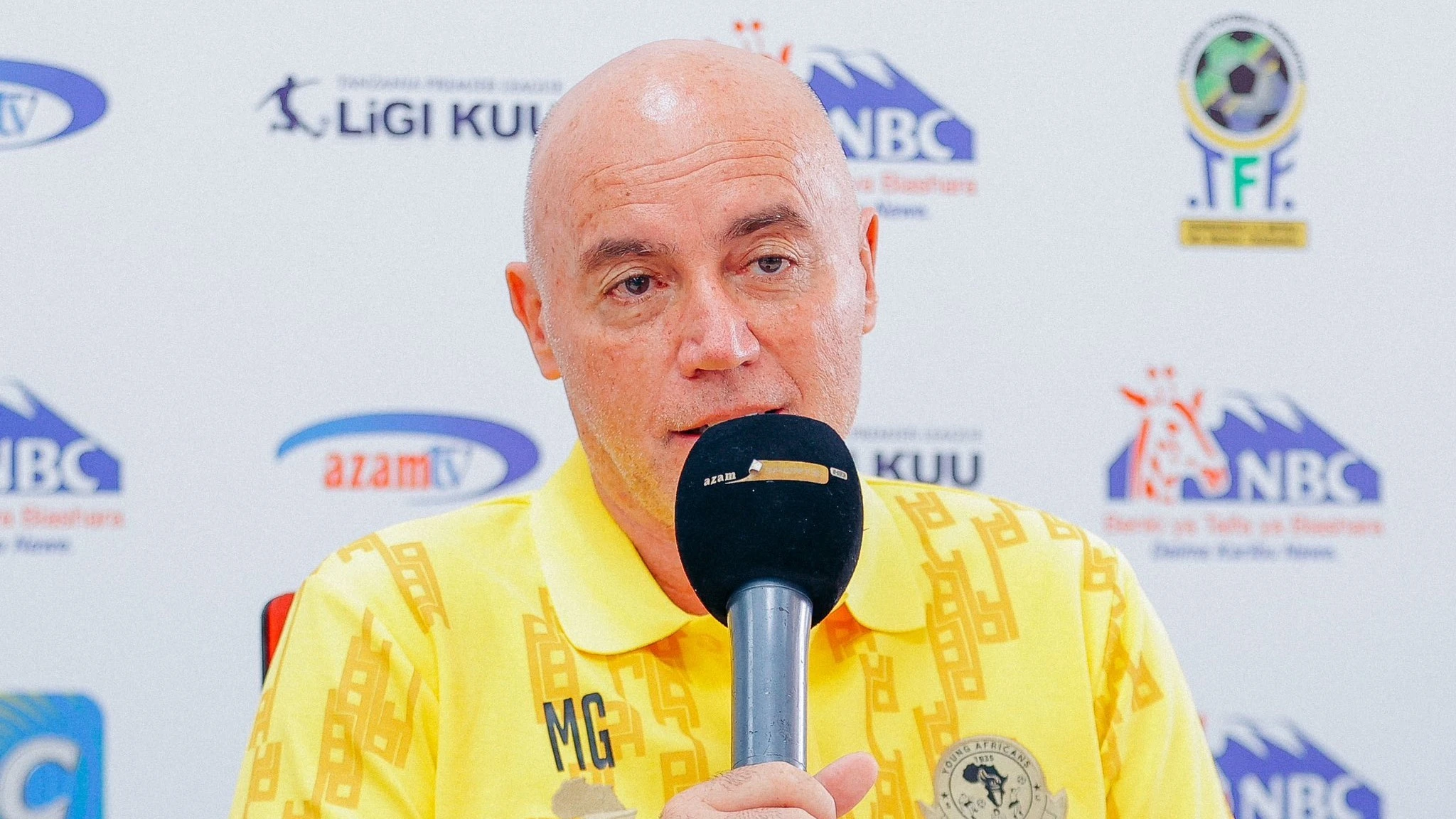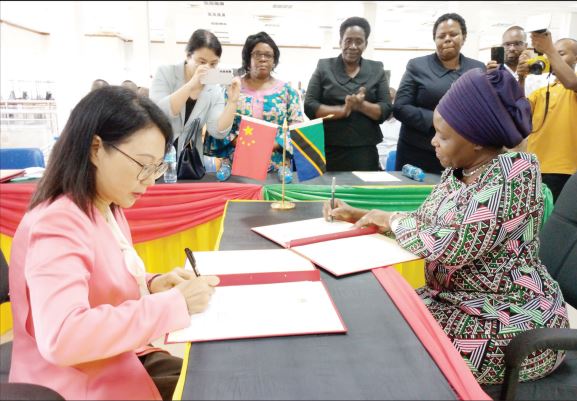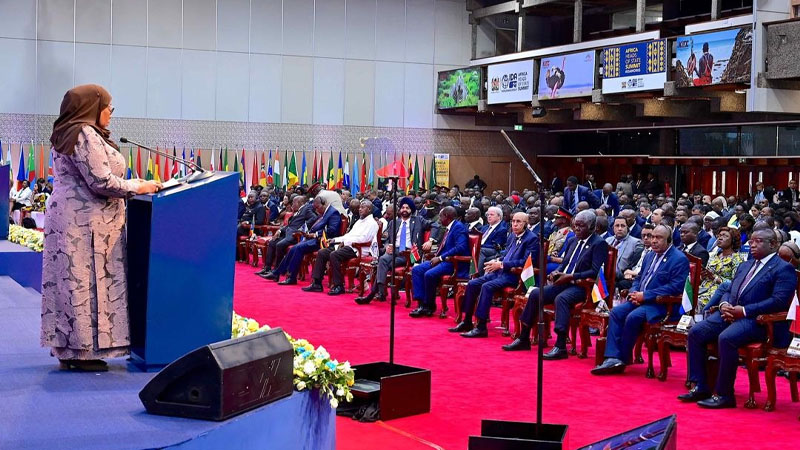Call for efforts to bridge haemophilia awareness gap

THE Ministry of Health has called for more efforts to increase awareness on haemophilia to address the gap in diagnosis and treatment of the disease.
Dr Hamad Nyembea, Director of Curative Services at the Ministry of Health, said this in Dar es Salaam yesterday during commemoration of the World Haemophilia Day at Muhimbili National Hospital (MNH), an event that was attended by medical experts, patients, policymakers and advocates.
"It is critical to bridge the gap between available treatments and those in need. Effective management of haemophilia should not be a privilege but a universal standard and this gathering here today emphasizes the collective drive towards more accessible and affordable haemophilia treatment,” he said.
“Globally, haemophilia affects around one in every 10,000 individuals, with 97 percent of cases undiagnosed. This global challenge mirrors the situation in Tanzania which emphasizes the need for increased awareness and diagnostic capabilities,” he said.
Dr Stella Rwezaula, President of Haemophilia Society of Tanzania (HST), said the event marked a collective commitment to address the diverse challenges faced by individuals with haemophilia and other bleeding disorders, adding that the focus was not only on raising awareness but also to catalyse actions that ensure equitable healthcare access for every patient.
“These efforts represent a broader strategy meant to enhance haemophilia care in Tanzania, reduce stigma and encourage more patients to seek treatment. As we commemorate World Haemophilia Day, HST continues to advocate for greater awareness, improved healthcare policies, and community support to elevate quality of life for those impacted by haemophilia in Tanzania,” she said.
Prof. Mohamed Janabi, executive director of MNH said the hospital has remained dedicated to advancing care for bleeding disorders through ongoing professional training and enhancements of its medical facilities.
Prof Janabi added that despite over 6,000 Tanzanians living with haemophilia, only about 350 currently receive treatment, pointing to a significant gap in diagnosis and care, adding that the event targeted to foster better understanding and inform stakeholders about the critical need for early diagnosis and treatment.
“Treatment is available at major healthcare institutions across Tanzania including Muhimbili National Hospital, KCMC and others; each is fully equipped to manage and treat bleeding disorders effectively,” he said.
Haemophilia is usually an inherited bleeding disorder in which the blood does not clot properly. This can lead to spontaneous bleeding as well as bleeding following injuries or surgery. Naturally, blood contains many proteins called clotting factors that can help to stop bleeding. However, people with haemophilia have low levels of such factors.
Top Headlines
© 2024 IPPMEDIA.COM. ALL RIGHTS RESERVED



















